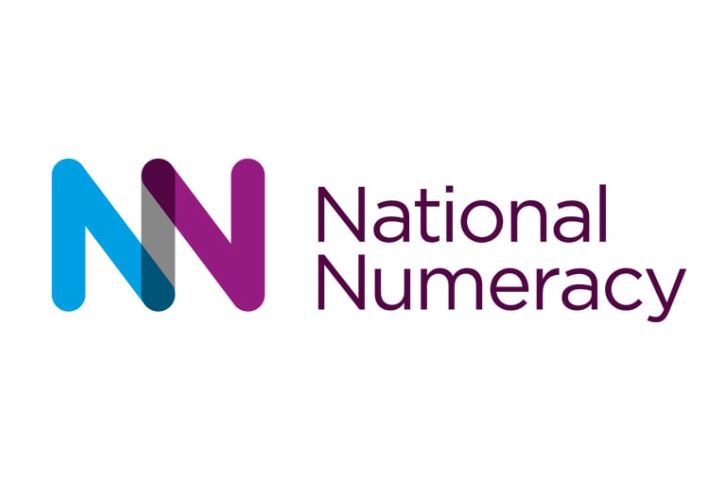You may have heard of an ‘anti-maths mindset’ – last year Prime Minister Rishi Sunak spoke about his intent to alter the UK’s anti-maths mindset – but what is it and how does it affect us?
Here we take a look at the meaning of the term, why it is a problem – for you, your kids and the UK – and, crucially, what can be done about it.
An anti-maths mindset is not only having an aversion to maths, but also convincing yourself you’re no good at it, and actively avoiding engaging with numbers and data. People may see maths as boring, as something they’ll never be able to understand or as something they’ll never need again after leaving school.
Possible root causes of an anti-maths mindset could be a perception that the subject is too difficult, maths anxiety or negative previous experiences of maths.
In addition to this, in the UK we have a ‘bad at maths boast,’ whereby a person would feel perfectly comfortable telling others they hated maths or didn’t understand it, whereas they would be highly unlikely to say the same of reading and writing.

